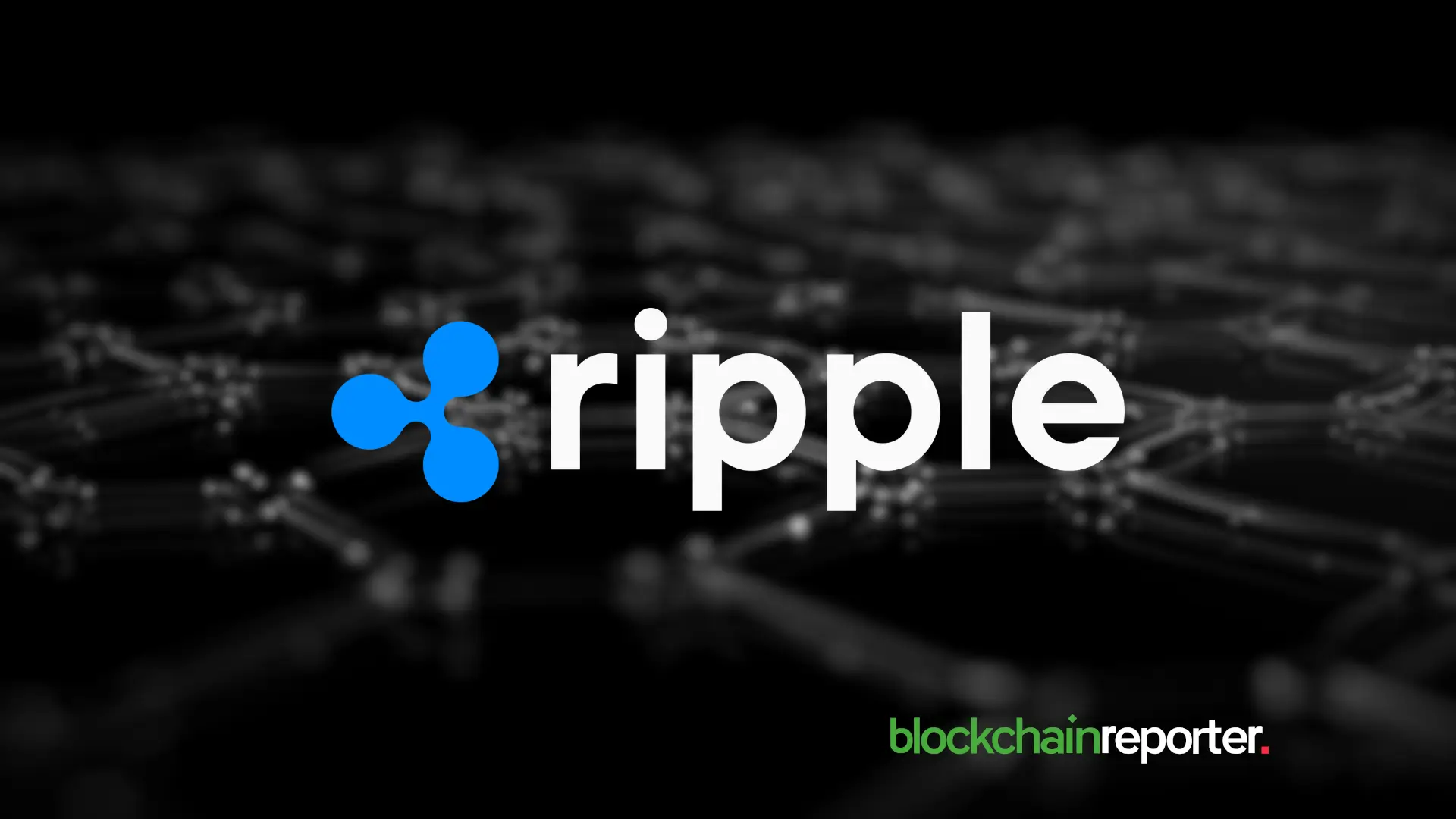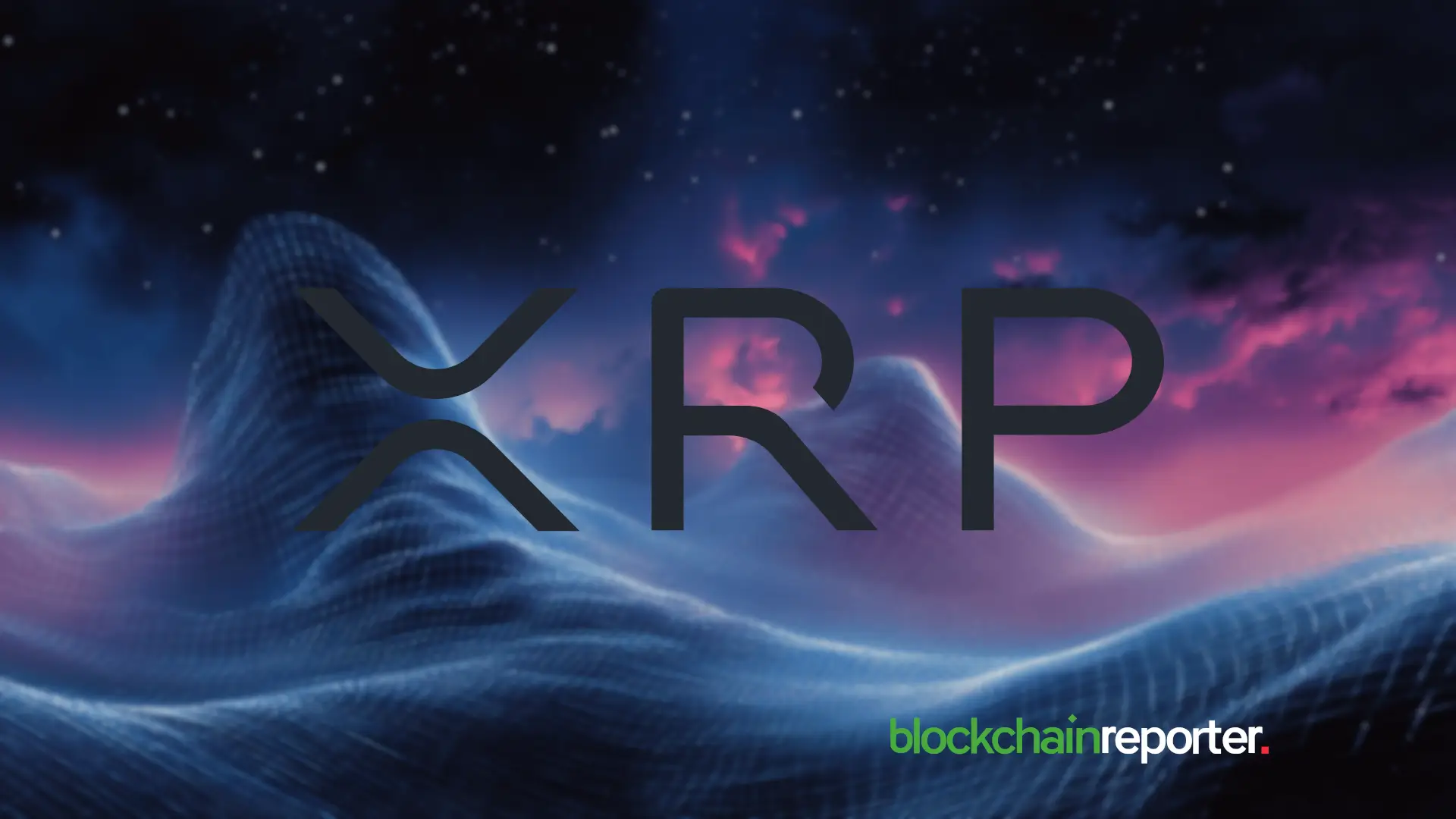Ripple Lawsuit Update: SEC Settlement Timeline Revealed



The ripple lawsuit update we’ve all been waiting for has finally arrived. After more than four years of intense legal battles, the SEC has officially dropped its case against Ripple, bringing this landmark crypto confrontation to a close. This protracted sec vs ripple struggle cost XRP holders approximately $15 billion in losses , while Ripple itself spent over $150 million in legal expenses. Consequently, the company will now forfeit $50 million of its $125 million fine, with the remainder to be returned based on court decisions.
Importantly, this ripple sec lawsuit resolution establishes that XRP is not a security under current law—a significant precedent for the entire cryptocurrency industry. Following the announcement of the sec ripple settlement, XRP’s price surged by over 10%, reflecting renewed investor confidence. We’ve also observed that this case isn’t isolated; the SEC has withdrawn from more than 10 major enforcement actions against crypto firms, signaling what appears to be a broader shift in regulatory approach. As Ripple’s CEO Brad Garlinghouse pointed out, the SEC’s aggressive stance was largely aimed at intimidating the entire crypto industry, making this outcome even more significant for digital asset regulation moving forward.
Settlement details have emerged regarding the final phase of the ripple lawsuit. The Securities and Exchange Commission (SEC) has laid out a specific timeline for concluding this legal battle that has dominated crypto headlines since December 2020. According to court documents, Ripple must pay the $50 million penalty within 30 days of the settlement agreement, marking the first concrete deadline in this resolution process.
The payment schedule represents only part of the comprehensive settlement framework. Notably, the SEC has agreed to waive the remaining $75 million penalty contingent upon Ripple’s compliance with specific terms. These include implementing enhanced disclosure protocols for institutional XRP sales over the next five years and maintaining regular reporting to regulatory authorities during this period.
Furthermore, the settlement documents outline a structured path for Ripple’s regulatory compliance moving forward. Unlike previous SEC cryptocurrency settlements that often imposed indefinite restrictions, this agreement establishes clear endpoints. By 2029, assuming full compliance with all settlement conditions, Ripple will be released from additional SEC oversight regarding their XRP sales protocols.
This ripple sec lawsuit timeline reveals a significant shift in the regulatory approach. The agreement explicitly acknowledges that programmatic sales of XRP on secondary markets do not constitute securities transactions, providing clarity that many crypto firms have sought for years. However, institutional sales will still require specific disclosure protocols during the monitoring period.
Market analysts note this when will ripple lawsuit end question now has a definitive answer—the case officially concludes once the company fulfills all settlement obligations. Though the initial $50 million payment comes due immediately, the five-year compliance period represents the true ripple lawsuit end date for complete resolution.
The sec ripple settlement structure appears designed to balance immediate penalty with long-term regulatory certainty—a framework that could potentially influence future cryptocurrency enforcement actions. Institutional investors particularly welcome the clear timeline, as it provides predictability previously absent in the crypto regulatory landscape.
Judge Torres Rejects Penalty Reduction Motion
In a decisive setback to the proposed resolution, Judge Analisa Torres rejected the joint motion from Ripple and the SEC that sought to reduce the company’s penalty from $125 million to $50 million. The federal judge denied the request on May 15, 2025, citing both jurisdictional issues and procedural impropriety.
At the heart of the rejection lies a technical legal distinction. Judge Torres explained that both parties incorrectly filed their request as a “settlement approval” rather than a proper motion for relief from final judgment under Rule 60. This distinction proved critical, as Rule 60 demands the demonstration of “exceptional circumstances” to justify modifying a final judgment.
“By styling their motion as one for ‘settlement approval,’ the parties fail to address the heavy burden they must overcome to vacate the injunction and substantially reduce the civil penalty,” wrote Torres in her ruling. She further noted that “relief from judgment under Rule 60 is granted only upon a showing of exceptional circumstances”.
Additionally, the judge pointed out that even if jurisdiction were restored to her court from the appellate level, the motion would still be denied based on procedural grounds. The initial judgment from August 2024 found Ripple liable for unregistered securities sales to institutional investors, resulting in the $125 million penalty.
Despite this setback, Ripple’s Chief Legal Officer Stuart Alderoty emphasized that “nothing in today’s order changes Ripple’s wins”. He characterized the rejection as merely “about procedural concerns with the dismissal of Ripple’s cross-appeal”.
Legal experts expect both parties to refile their motion with proper procedural formatting. Attorney Fred Rispoli predicted they would submit a new filing “soon,” noting that Judge Torres “clearly indicated the next filing better be filled to the brim with reasons why she should grant it”.
This rejection maintains the status quo established by the August 2024 ruling, keeping both the $125 million fine and the injunction against future securities violations intact until proper procedural steps are taken.
SEC Drops Appeal, Ripple Withdraws Cross-Appeal
Ultimately, a major breakthrough in the ripple lawsuit emerged in March 2025 when the SEC formally ended its appeal against the company. Ripple CEO Brad Garlinghouse announced the development as a “resounding victory” and “long overdue surrender” by the regulator. This decision came after the SEC had been appealing the July 2023 ruling by Judge Analisa Torres that XRP sold on public exchanges did not meet the legal definition of a security.
In light of this development, Ripple Chief Legal Officer Stuart Alderoty initially stated that “Ripple is now in the driver’s seat and we’ll evaluate how best to pursue our cross appeal”. Subsequently, Ripple agreed to withdraw its cross-appeal as well, effectively moving toward a complete resolution of the sec vs ripple battle.
The settlement framework includes several key provisions:
- The SEC will retain $50 million of the previously imposed $125 million fine, with the remaining balance returned to Ripple
- Both parties would jointly request the district court to dissolve the injunction against Ripple in the August 2024 final judgment
- Neither the SEC nor Ripple will seek to vacate or amend any part of the district court’s summary judgment ruling
XRP’s value responded positively to these ripple lawsuit updates, jumping 10% immediately after Garlinghouse broke the news, starting the day at $2.29 and ending at $2.51.
The SEC’s official statement indicated that its decision to exercise discretion and seek resolution “will facilitate the Commission’s ongoing efforts to reform and renew its regulatory approach to the crypto industry”. Importantly, the agency noted this was “not based on any assessment of the merits of the claims alleged in the action.”
This ripple sec lawsuit resolution follows a pattern of the SEC withdrawing from several enforcement actions against crypto firms including Robinhood, Coinbase, Gemini, and Kraken. For Ripple, this represents the culmination of a costly legal battle that reportedly consumed $150 million in defense expenses over four years.
The resolution remains subject to formal commission vote, finalization of legal documentation, and standard court procedures before the ripple lawsuit end date can be officially marked.
Ripple Declares Victory as XRP Is Not a Security
A landmark ruling in July 2023 fundamentally altered the regulatory landscape for Ripple when Judge Analisa Torres determined that XRP is not inherently a security , especially when traded on secondary markets. This pivotal ripple lawsuit update established a crucial distinction between different types of XRP transactions that has proven decisive in the sec vs ripple case.
The court’s decision differentiated between institutional sales and programmatic sales. Specifically, Judge Torres found that Ripple’s institutional sales of XRP constituted unregistered securities offerings. Nonetheless, programmatic sales on secondary markets and distributions as compensation did not qualify as securities transactions. This distinction stems from the court’s application of the Howey Test, which determines whether an asset qualifies as an investment contract.
For programmatic sales, the court emphasized that buyers “could not have known if their payments of money went to Ripple, or any other seller of XRP,” as these transactions represented less than 1% of global XRP trading volume. Essentially, the court concluded these buyers lacked the reasonable expectation of profits derived from Ripple’s efforts—a key requirement under the Howey Test.
The crypto industry celebrated this ripple sec lawsuit development as a potential precedent for token classification cases. Following the ruling, several previously deemed securities including Solana and Polygon rallied in value. Legal experts noted this decision departs from previous cases against Telegram and Kik, where all initial coin offerings were treated as part of one investment scheme.
Morrison Cohen Partner Jason Gottlieb described the decision as “a boon to token creators and markets, giving them new non-violative ways to issue and trade tokens”. The ruling provides a framework suggesting that only direct issuer sales to purchasers expecting managerial efforts to increase token value might be classified as securities.
This ripple lawsuit milestone solidifies that “XRP, as a digital token, is not in and of itself a ‘contract, transaction[,] or scheme’ that embodies the Howey requirements of an investment contract”, providing long-sought regulatory clarity for the entire cryptocurrency ecosystem.
Crypto Industry Reacts to Ripple Lawsuit Resolution
The crypto market responded enthusiastically to the resolution of the ripple lawsuit, with XRP’s price surging approximately 13% to nearly USD 2.56 immediately following the announcement. This significant price jump positioned XRP as the third-largest cryptocurrency by market capitalization, briefly overtaking Tether. The positive sentiment extended beyond XRP, as other major cryptocurrencies likewise experienced gains—Bitcoin rose 2.2% to USD 84,096.00, while Ethereum increased 6.6% to USD 2,031.00.
Industry experts view this ripple sec lawsuit resolution as a pivotal moment for the entire cryptocurrency landscape. Legal clarity regarding XRP’s status has effectively removed years of uncertainty that had previously weighed on the token’s value. Markedly, this has enhanced investor confidence, making XRP more attractive to both retail and institutional participants.
Several prominent attorneys offered varying perspectives on the outcome. Attorney John Deaton expressed initial skepticism about early settlement rumors, responding with only an eye emoji to preliminary announcements. Meanwhile, legal expert Fred Rispoli maintained optimistic views throughout the process, admitting his “unbridled hope” influenced his perspective on positive news regarding the case.
Attorney Bill Morgan acknowledged the settlement’s significance but pointed out that the permanent injunction against institutional sales remained a complicating factor. Nevertheless, many analysts anticipate the ripple lawsuit end date will trigger further positive developments for XRP, including:
- Potential launch of XRP exchange-traded funds (ETFs), with nine companies already filing applications
- Possible inclusion in the U.S. crypto stockpile, a priority under current administration policies
- Expanded business operations as Ripple can now focus on scaling payment solutions
SEC Commissioner Caroline Crenshaw notably dissented from the settlement, arguing it “undermines the court’s order” and “creates more questions than answers”. Nevertheless, the resolution aligns with a broader regulatory shift, as the SEC has recently dropped cases against other major crypto firms including Coinbase and Kraken.
Conclusion: A New Chapter for Crypto Regulation
The resolution of the Ripple lawsuit undoubtedly marks a watershed moment for cryptocurrency regulation. Throughout this protracted legal battle, we witnessed unprecedented challenges that reshaped the very foundation of digital asset classification. Certainly, the court’s distinction between institutional sales and programmatic transactions creates a framework other crypto projects can reference when facing similar regulatory scrutiny.
Most importantly, this case establishes that XRP tokens sold on secondary markets do not constitute securities—a precedent that will likely influence future SEC enforcement strategies. Additionally, the $50 million settlement, though substantial, represents only a fraction of the $150 million Ripple spent defending itself over four years. Nevertheless, the company finally has regulatory clarity to focus on business growth rather than legal defense.
The price surge following the settlement announcement reflects renewed market confidence. Therefore, this case serves as a powerful example of how regulatory certainty can positively impact digital asset valuations. Despite Commissioner Crenshaw’s concerns, the SEC’s decision to drop its appeal aligns with what appears to be a broader shift in the agency’s approach toward cryptocurrency regulation.
Last but not least, this landmark case reminds us that regulatory frameworks must evolve alongside technological innovation. Though the journey proved costly for both Ripple and XRP holders, the legal clarity achieved will ultimately benefit the entire crypto ecosystem moving forward.

XRP Set for Possible $7.45 Breakout Amid Technical Indicators and DeFi Expansion
$XRP charts signal a possible surge to $7.45 as volume rises; XRPL activity and CTF Token burn may d...

SunPump to Boost TRON Meme Network in Collaboration with BingX
This latest collaboration aims to boost the adoption and visibility of prominent meme projects on th...

Whale Spends $5.033 Million to Acquire FARTCOIN, WIF, BONK, MEW, & POPCAT, What Next?
The whale’s move to acquire these assets in expectation of the next few months of upside movement re...

